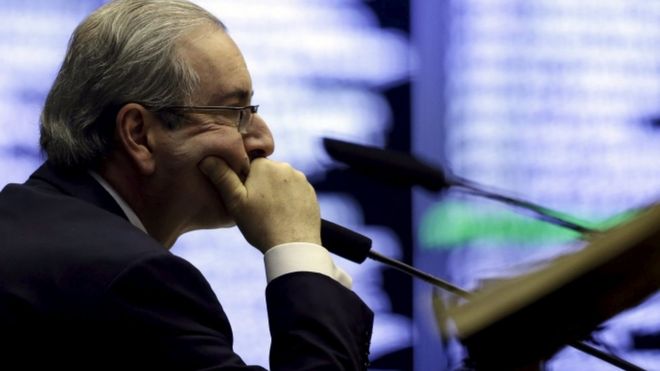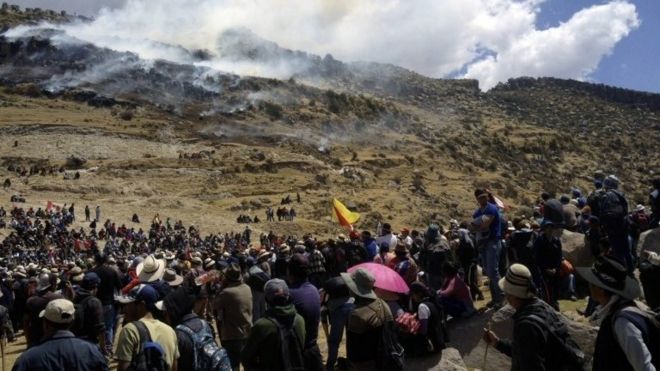By Kaitlyn Degnan
Impunity Watch Reporter, South America
LIMA, Peru — Last week the Associated Press reported that the Peruvian military was turning a blind eye to regular and frequent flights transporting cocaine out of the Apurimac, Ene and Mantaro river valley region (known as VRAEM). Responding to the allegations, Peruvian authorities announced that they would launch an investigation into corruption in the military.
Peru’s military inspector general will head the probe.
Police in the region say that roughly half of Peru’s cocaine exports have left the country this way: four times a day, a small plane lands in the valley. Cash is exchanged for 300 kilos of cocaine, then the plane takes off and flies out to Bolivia. Each exchange is worth about $7.2 million.

The remote jungle region where the flights land are under the control of the military. The landing sites are in close proximity to military bases.
An alleged pilot of a narcotics transport plane interviewed by the Associated Press claimed that local military commanders charged $10,000 per flight to look the other way.
The military claims that their forces in the region are outmatched by “heavily armed traffickers” and the participating community. Officials claim a connection between the traffickers and the Shining Path guerrilla group in the region.
A retired army general, Wilson Barrantes, has complained about drug related corruption in the military for years, calling military control of the cocaine-producing region “like putting four street dogs to guard a plate of beefsteak.”
Drug related corruption is an open secret in Peru, according to anti-corruption nonprofit Transparency International.
President Ollanta Humala named combatting illegal drug trafficking as a priority of his administration when he took office in 2011. Over the summer, Humala’s administration authorized an “eradication” campaign, in which government workers destroyed coca plots across the country. It was a controversial move which devastated the livelihood of thousands of Peruvians. Other efforts have included blasting holes in known airstrips.
In August, the Congress unanimously authorized the military to shoot down these narcotics transport planes.
Humala’s critics say that he has allowed cocaine production to go on in the VRAEM region, where the eradication campaigns didn’t reach. A narcotics public prosecutor says that trafficking has gone “from bad to worse” during Humala’s tenure. Humala has eight month’s left in office, with an approval rating of about 15 percent.
For more information, please see:
The Seattle Times – Eradication spells misery for Peru’s coca farmers – 17 August, 2015
Associated Press – Peru Military fails to act as narco planes fly freely – 14 October 2015



